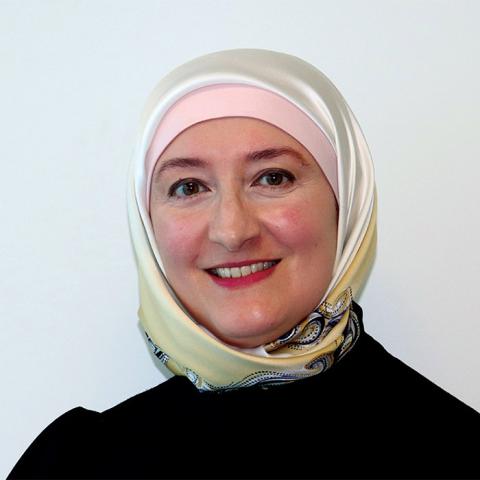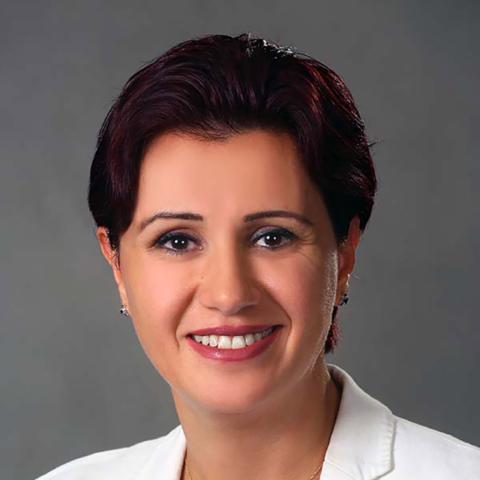Who Gets Hereditary ATTR Amyloidosis?
Hereditary ATTR amyloidosis runs in families. It may be inherited either from the patient’s mother or from the patient’s father. People with hereditary ATTR amyloidosis are born with a mutation (alteration) in the TTR gene that causes the condition, although they usually only begin to experience symptoms in middle age. People with a mutation in the TTR gene may pass the condition on to their children. Some people with TTR gene mutations may never experience symptoms at all.
Hereditary ATTR amyloidosis was first described in 1952 in several families in Portugal. Since then it has been diagnosed in families from Japan, Sweden, and County Donegal in North-West Ireland. Worldwide, most people with hereditary ATTR amyloidosis have ancestors originating in one of these regions. In the UK, hereditary ATTR amyloidosis is most common in people with Irish ancestry. It is estimated that 1% of the people in County Donegal have a TTR gene mutation. It may also be common, but under-diagnosed in several other regions including Spain, France, Brazil, Argentina, Cyprus, and Bulgaria.
Symptoms
Symptoms of hereditary ATTR amyloidosis may include:
- Peripheral neuropathy: limb weakness and pain, loss of sensation.
- Autonomic neuropathy: disturbances of bowel, bladder and blood pressure and sexual dysfunction.
- Heart failure - symptoms result from stiffening of the heart due to amyloid deposits (restrictive cardiomyopathy). They may include:
- shortness of breath, sometimes just after mild exertion
- palpitations and abnormal heart rhythms, most frequently atrial fibrillation, or atrial flutter
- ankle swelling (edema)
- fatigue
- dizziness and collapse (syncope or fainting), which may occur after exertion, or after eating
- angina (chest pain)
- weight loss
- nausea
- disrupted sleep
- Disease due to amyloid deposits in the:
- eye
- kidneys
- thyroid gland
- adrenal glands
- blood vessels
When do Hereditary ATTR Amyloidosis symptoms appear?
Symptoms of hereditary ATTR amyloidosis may appear as early as age 20, or as late as age 80. Age of onset is usually quite consistent within families. The TTR gene mutation that most commonly causes hereditary ATTR amyloidosis worldwide results in production of the Val30Met (V30M) variant TTR protein. Most patients with the Val30Met associated hereditary ATTR amyloidosis first experience symptoms in their 30s.
Diagnosis
Doctors may suspect hereditary ATTR amyloidosis based on patients' symptoms, findings on physical examination and sometimes family history. The diagnosis can be confirmed (or eliminated) by tests including:
- Tissue biopsy
- Genetic testing
- Imaging studies
The ‘gold standard’ test (the best available method) for diagnosing hereditary ATTR amyloidosis is a combination of detection of ATTR amyloid on heart, gastrointestinal tract or nerve biopsy together with genetic testing showing a TTR gene mutation.
Treatment
Treatment of all types of amyloidosis is currently based on the following principles:
- Reducing the supply of amyloid forming precursor proteins.
- Supporting the function of organs containing amyloid.
Liver transplantation is effective for hereditary ATTR amyloidosis - reducing the supply of amyloid precursor proteins
In addition, avoiding fluid balance problems is extremely important for all amyloidosis patients.
Check the section supporting the function of organs containing amyloids and how to avoid fluid balance for more information about treatment.
For additional advice on lifestyle for ATTR amyloidosis patients, please see the section “Tips for patients living with hereditary ATTR amyloidosis”







